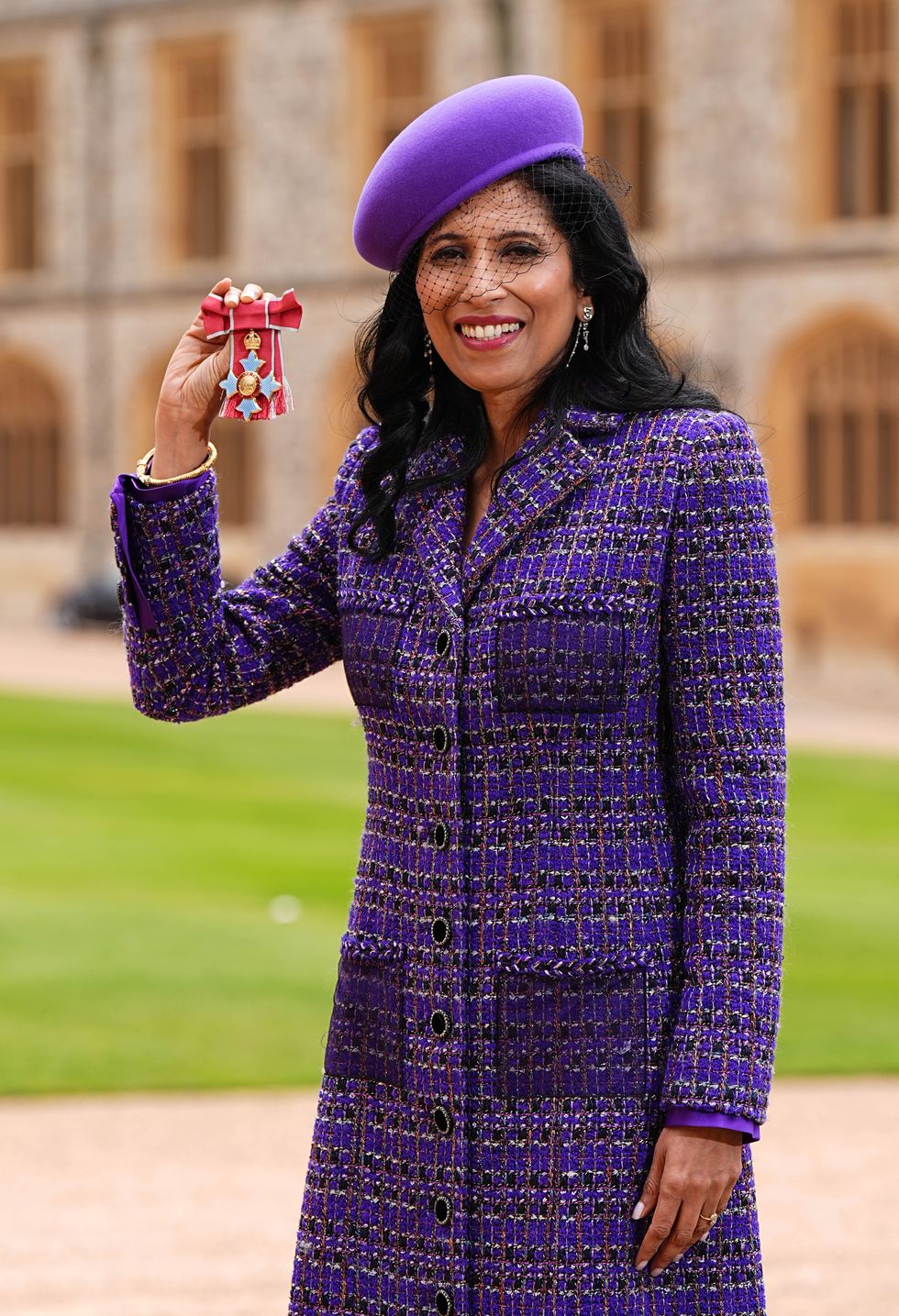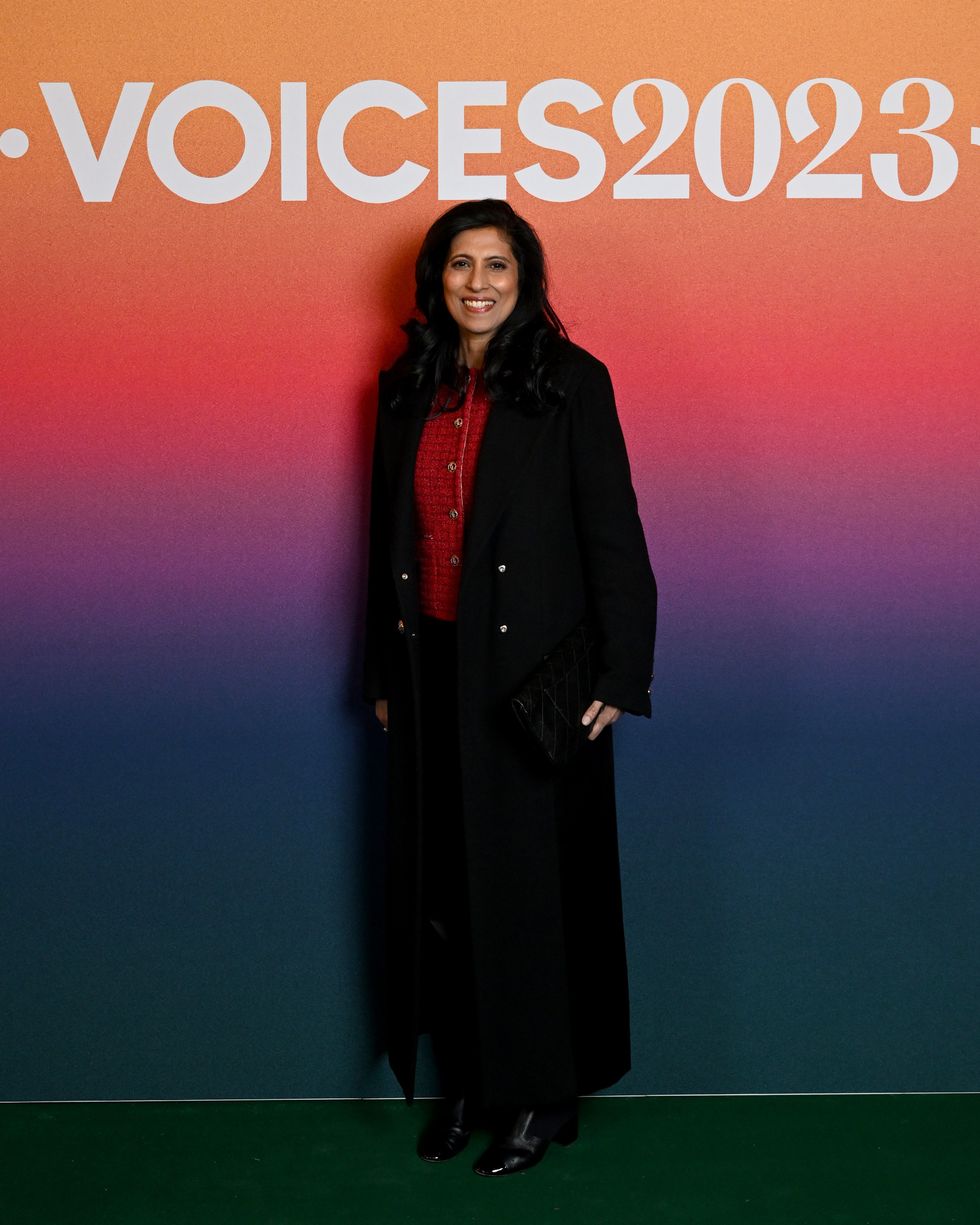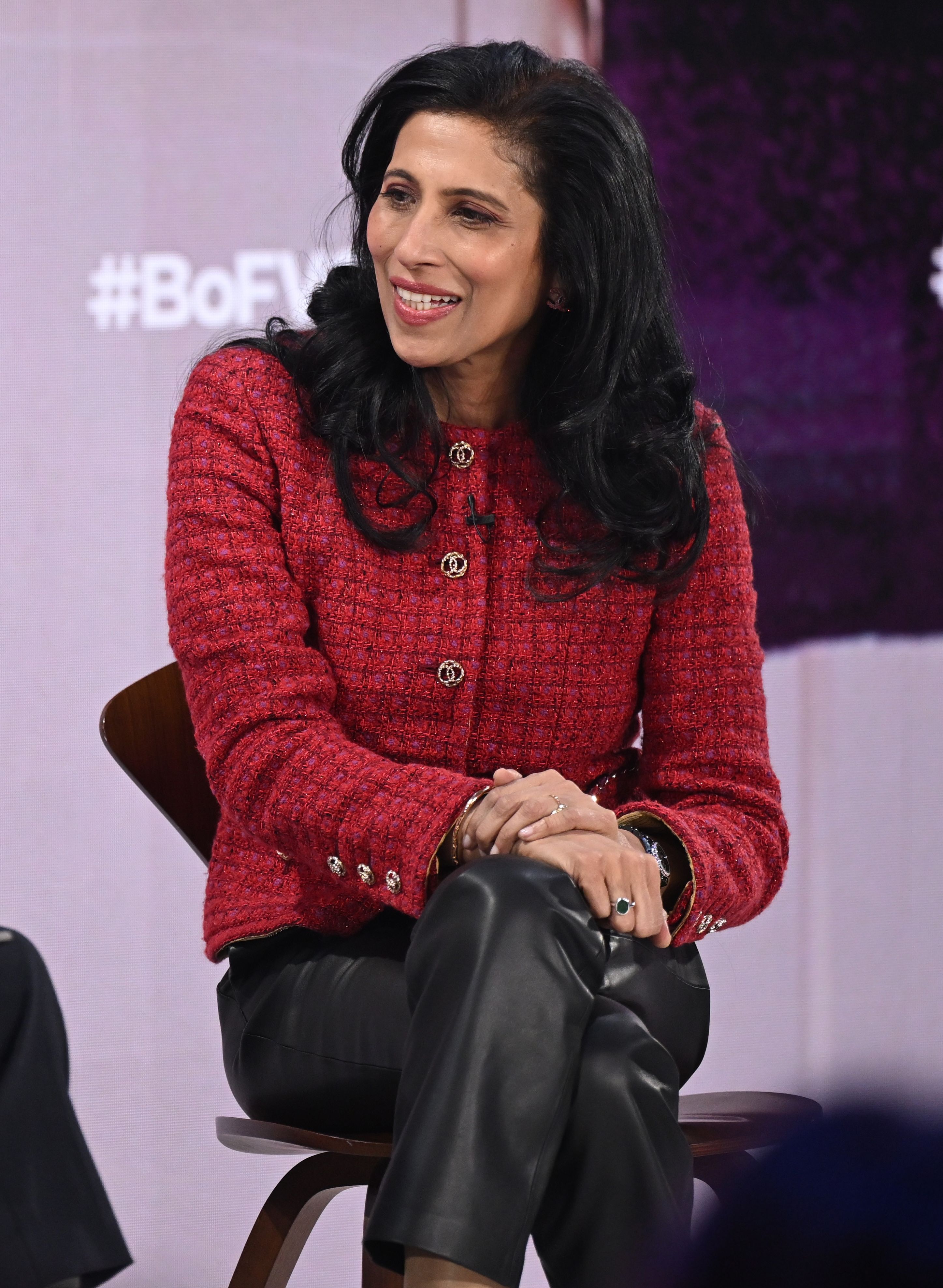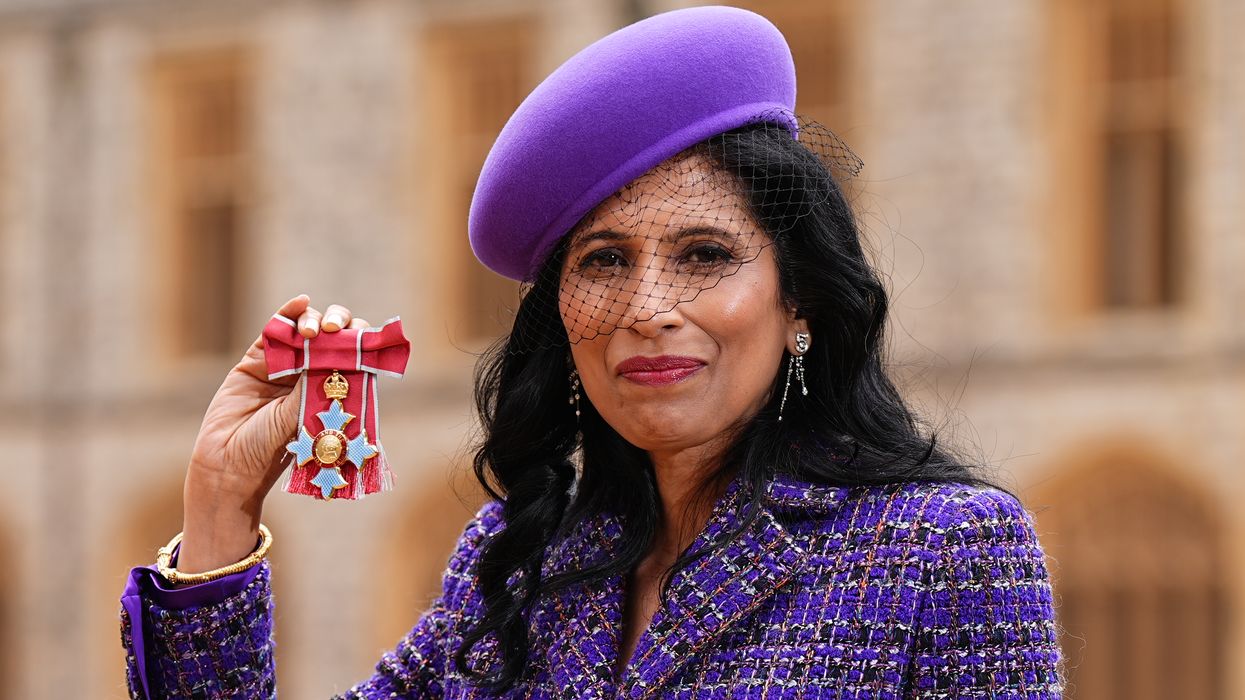Leena Nair, the India-born CEO of Chanel, was honoured with a CBE (Commander of the Order of the British Empire) by Prince William at a ceremony held at Windsor Castle. The recognition, part of the 2025 King’s New Year Honours list, acknowledges her outstanding work in the global retail and consumer industry, particularly her strong leadership in steering one of the world’s most iconic fashion houses into a new era.
Nair’s rise to the top has been anything but conventional. When she was appointed as Chanel’s global CEO in 2022, she became the first non-white person to lead the 112-year-old French luxury brand. What made her journey even more unusual was her background, not in fashion, but in human resources. Before joining Chanel, she spent nearly 30 years at Unilever, eventually becoming its youngest-ever and first female Chief Human Resources Officer.

Driving growth and redefining Chanel’s future
Under her leadership, Chanel has posted impressive growth despite wider industry challenges. In 2023, the brand reported a 16% rise in revenue and nearly 11% increase in operating profit, expanding its footprint and hiring more than 36,000 people worldwide. She has also brought in new creative leadership, appointing designer Matthieu Blazy to shape Chanel’s next chapter.
Nair’s focus hasn’t just been on sales. She has championed sustainability through the company’s Mission 1.5° climate goals and increased the Fondation Chanel’s annual philanthropic budget to $125 million (£98 million).

From Kolhapur to Chanel: a story of grit and vision
Born in the small town of Kolhapur in Maharashtra, Nair was raised in a middle-class Indian household. She studied engineering before discovering her passion for human resources at XLRI Jamshedpur. At Unilever, she broke multiple barriers and led major inclusion efforts before taking the leap into fashion.

Receiving the CBE places her alongside prominent British Asians like London Mayor Sadiq Khan, who was also recognised recently. As Chanel prepares to move into its new London headquarters in 2026, Nair’s leadership is already being seen as a model for the next generation, proof that it’s possible to honour tradition while building a more inclusive future.





